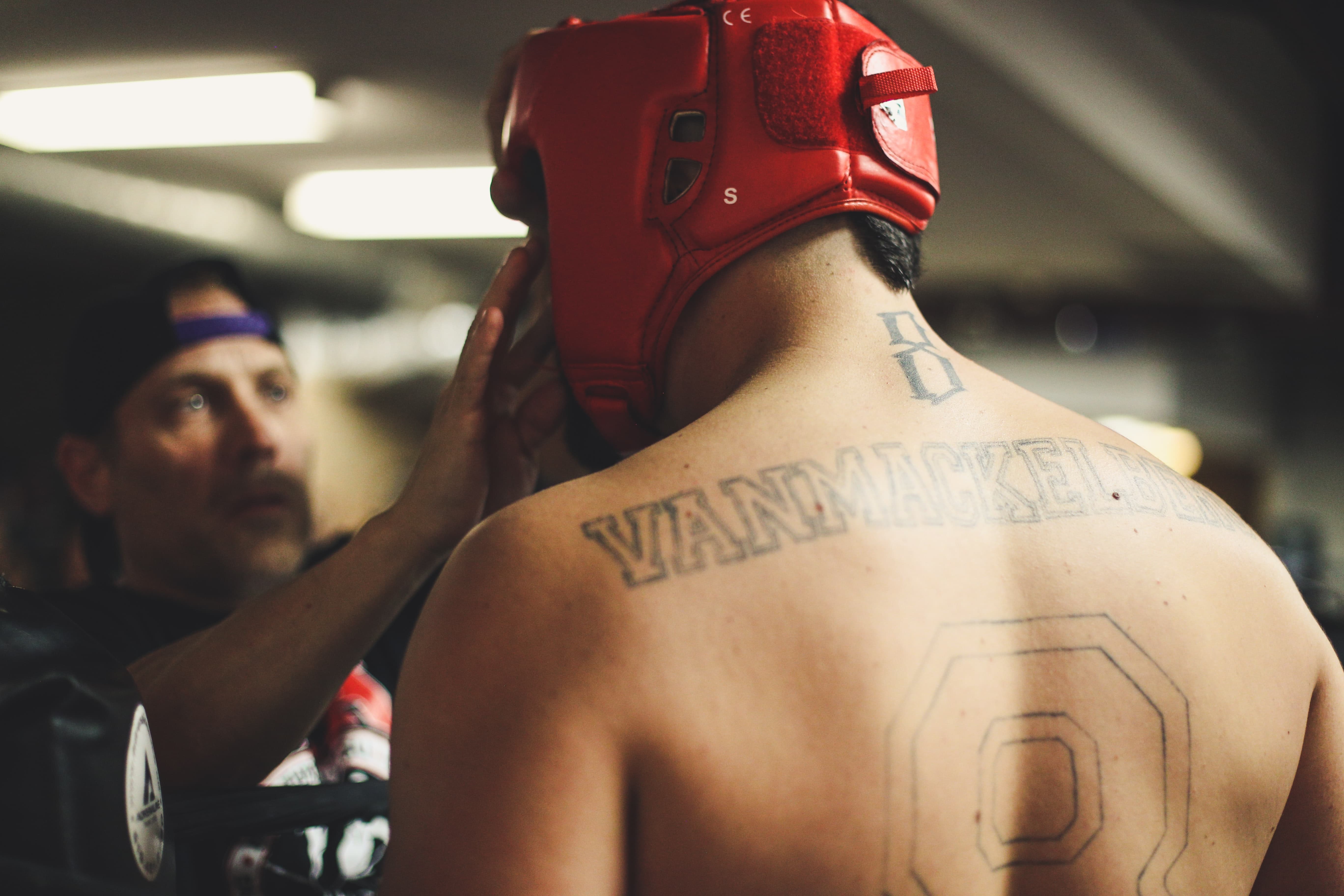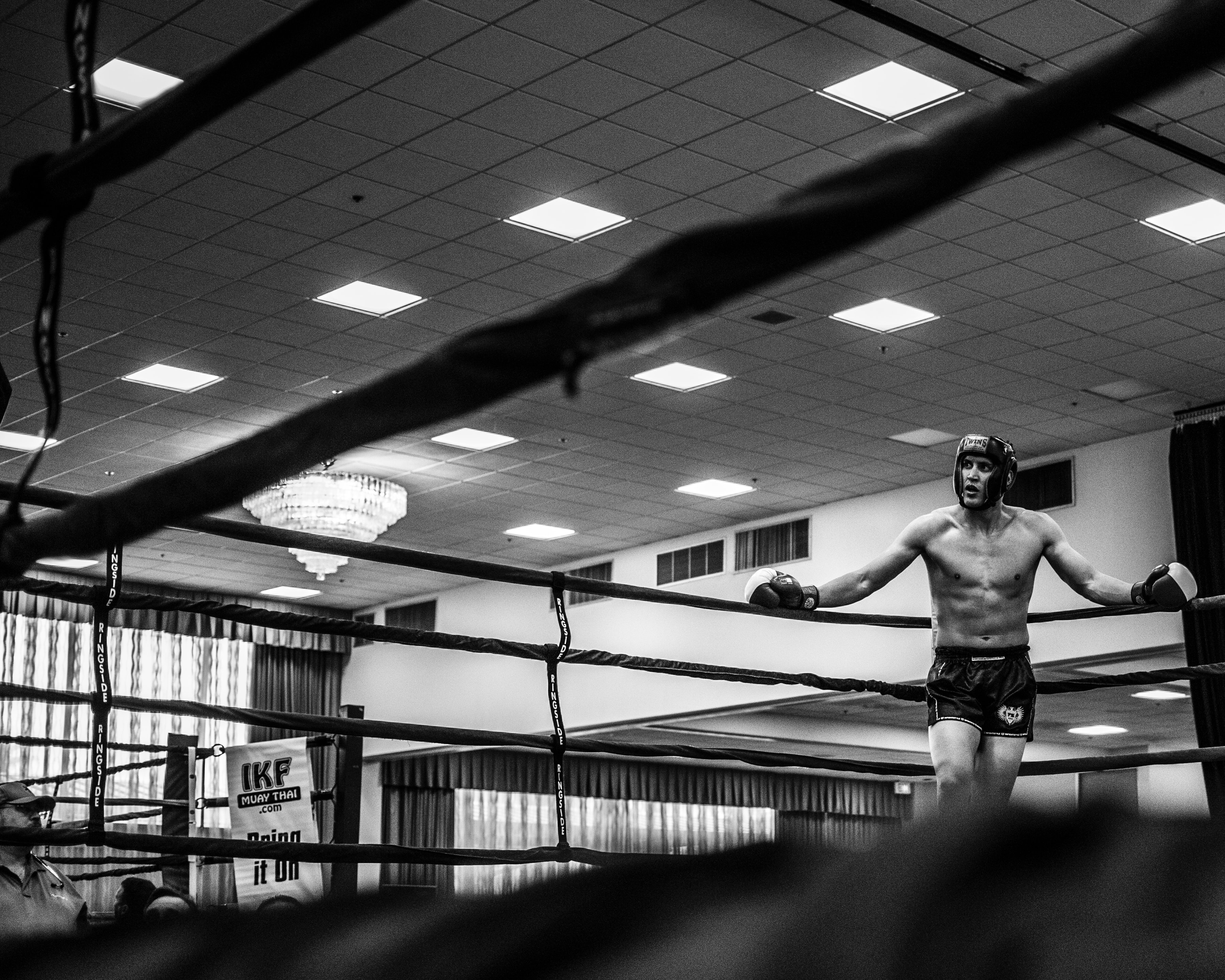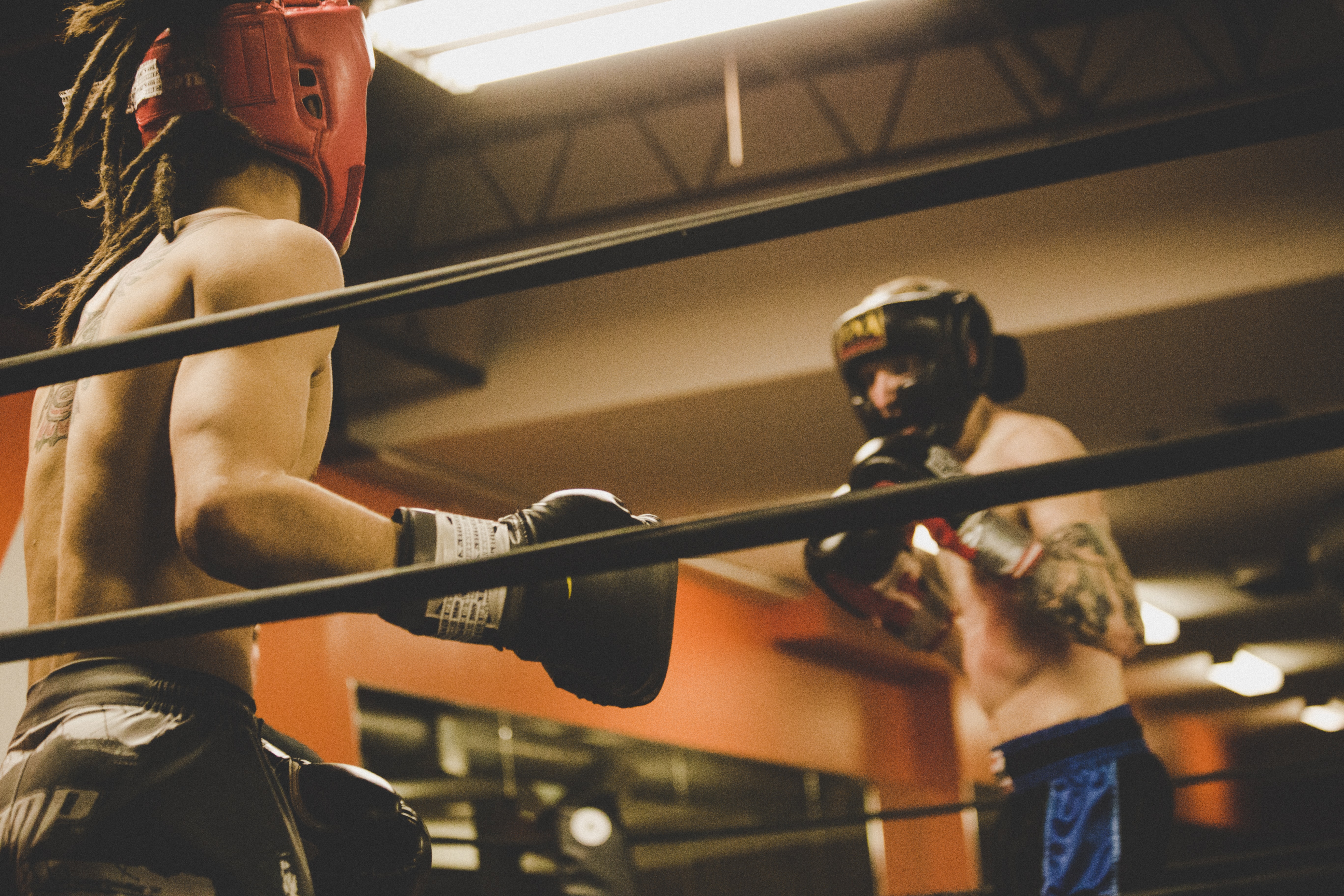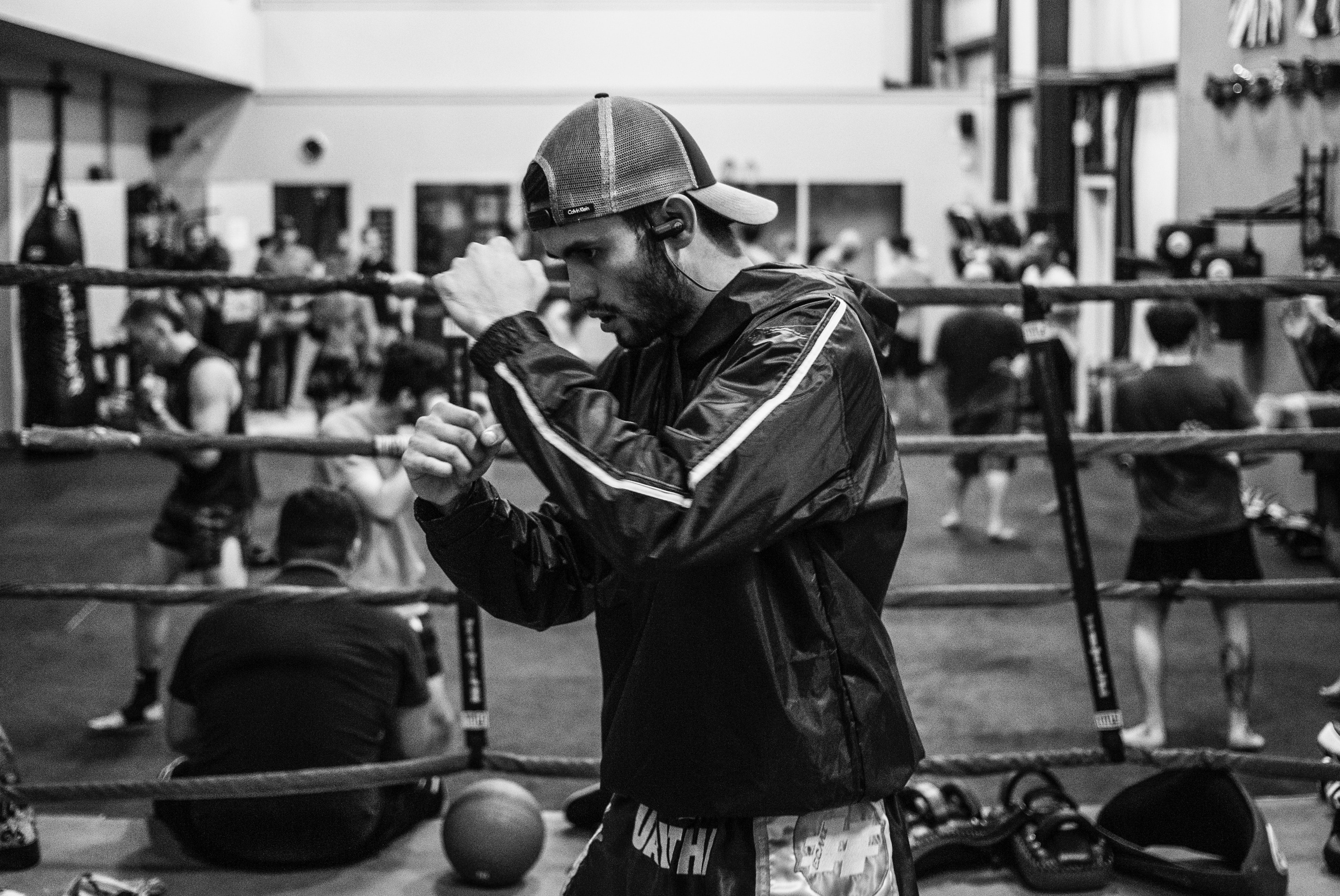When we think of sports in Canada, the first thing that comes to mind is typically hockey, lacrosse or ice skating. Ask a few Canadians what other sports they play or enjoy watching and you may get a completely different answer. What often goes under the radar are sports that are equally as popular but lesser known: soccer, basketball, tennis, and the topic of this article - boxing.
Boxing has been around in Canada for over one hundred years, even before confederation in 1867. Back then, the sport was far more brutal, where fighters engaged in bare knuckle fights that were largely unregulated. Canada has produced some of the most famous boxers in the world, such as George Chuvalo, Tommy Burns and Lennox Lewis. While many critics argue that much work needs to be done to improve the organization of boxing across the provinces, it is clear that boxing will continue to grow across the country.
Competitive boxing is exciting and captivating to watch: seeing two athletes sparring it out under the lights in the ring can be exhilarating for spectators and and amateur boxers alike. Boxers also happen to be some of the most fit athletes, with a mental grit and toughness that we'd all love to have. In fact, boxing exercises and movements have found their way into many workouts you might see in a gym, group class or fitness app because they are so excellent for developing strength and cardiovascular skills.
If you are fascinated with boxing and are interested in fighting competitively, it's important to learn the regulations and get the right training so you can box safely while having fun. This article is all about getting started in competitive boxing - whether your goal is to fight professionally or in an amateur league, or simply get into better shape, we will do our best to help you get started!
How important is it to get a boxing coach? Find out your options for learning to box in Canada.

Where Can I Learn How to Box?
Learning how to box is an obvious but important foundation for fighting competitively. In provinces like Ontario, for example, boxers must be a member an affiliated club and train for 6-12 months to develop the appropriate skills: stance, defence, offence, ring craft, and combinations. Boxing clubs will typically have a gym where boxers and non-boxers can go to exercise and take classes to strengthen the body and connect with trainers and fellow members about training exercises and nutrition.
Boxing clubs and gyms can be found in every province but you will likely have an easier time finding a selection of clubs in a larger town or city. To get a comprehensive list of recognized boxing clubs and gyms in Canada, take a look at the Boxing Canada website.
Should I Take Boxing Lessons Before Competing?
Anyone planning to compete as a boxer must take lessons and engage in an appropriate training regimen. As an athlete, you will want to ensure that your body is in optimal condition and that you know how to fight safely, while also having the strength and strategies to defeat your opponent. It can seem like a strange thing to fight someone without hurting them to some degree, and this is why boxing lessons are so important. You will want to know how to protect yourself and prevent physical damage. Finally, you will also want to enhance your cardiovascular health, master footwork so you can move around the ring effectively, and build core muscles so you have both strength and endurance.
As we have pointed out, amateur and professional boxing organizations in every province and across Canada have specific criteria and rules that athletes must follow in order to compete. You will also need a coach to bring you to initial competitions where you will fight other athletes of similar age, size, skill level and gender. Once you have competed in the amount of matches that have been established by your province's governing body, you will be eligible to fight at higher levels: provincial or even national.
What are the different competition divisions in boxing? The answer may surprise you.

What is a Boxing Class Like?
Boxing classes will vary based on your goals as an athlete. Before finding a class or gym, ask yourself what your fitness goals are. Will it be to increase endurance, build muscle? Be part of a fitness community? Release aggression or stress? Fight at an amateur level? Upgrade to from amateur to professional?
Effective boxing classes will specialize on specific areas of growth, fitness, and the body. For advanced fighters, a good boxing class should incorporate more sophisticated movement and aspects such as footwork and how you punch. Beginners can expect a focus on more general cardiovascular exercise with boxing-style movements, and provide opportunities to do partner work with punching bags or sparring. In whichever class you choose, you can expect to get quite sweaty and throw lots of punches!
Below is a sample template of a boxing lesson plan:
- 5-10 minutes of warm-up
- 10-15 minutes to review techniques and moves learned from the previous classes
- 10 minutes of solo drills adapted for the individual athlete
- 15 minutes of defense drills with a partner
- 30 minutes of active sparring
What Are some Common Boxing Drills?
When you join a boxing class, you may find that you will engage in some drills to support you as you learn to seamlessly blend different movements into your fighting. Here are some common boxing drills.
- Jab-cross-jab: extend front arm in a jab, follow with back arm in a cross
- Jab pyramid with a punching bag: alternate one jab, reset, then 2 jabs
- Jab, right hook with a punching bag
- Uppercut, opposing hook combo
- Freestyle of combinations with punching bag

Are Boxing Exercises Challenging?
You will likely find boxing exercises challenging, and there are plenty of changes you can make to the workout if you want to be challenged further. In many cases, boxing challenges will involve different combinations of punching repetitively until you raise your heart rate and start to break a sweat. You can even combine punching combinations with classic cardio moves like burpees, sit-ups, and jumping jacks if you want some extra caloric burn.
While many boxing exercises will require equipment like gloves and punching bags or dummies, you can still do many of the same exercises just using your hand or punching the air in front of you. In a gym environment, you will find having other boxers and a coach to be extremely motivating, and if you can be in a group setting that is ideal for getting in shape.

Do Boxing Classes involve Punching Bag Workouts or a Heavy Bag Workout?
Anyone familiar with movies like Rocky or Million Dollar Baby probably imagine sparring endlessly in a dark gym with a beat up punching bag. And yes, if you are training for boxing you will certainly use such tools. You may even use heavy bags to complete different arm and shoulder exercises. But keep in mind that these items will just be part of your boxing workout!
Boxing requires a full-body fitness regimen, including lots of running, stair climbing, and classic cardio moves. You will also find that freeweights and dumbbells can be extremely useful for building muscle. When you do engage in a muscle building workout, remember to consume protein when you get home so you can recover effectively!
How young or old should you be to take up boxing? Find out if boxing is right for you.
Where Can I Find Boxing Lessons Near Me?
You can find boxing lessons near you by simply researching your local boxing gyms to see which ones are offering group classes. Should time and scheduling be an issue for you, it is easy to find a personal boxing coach using a site like Superprof Canada!
Personal boxing coaches are excellent for athletes that prefer a personal training environment where they get one-to-one coaching and support. A personal boxing coach can help you achieve your individual goals, be it learning how to master that upper-cut or prepping for an amateur boxing match. They can tailor workouts just for you, help you with planning meals and nutrition, and make sure you get the most from your workout times.
Finding a boxing coach is easy with Superprof Canada. Use the site to see profiles of dozens of boxing coaches near you. Through detailed descriptions of each coach, their experiences, and training methods, you can find the perfect trainer to help you achieve your athletic goals. Message prospective boxing coaches directly through the site to discuss your needs further.
Do you have what it takes to become a boxer? Learn all about career pathways in boxing.

Can I do Boxing Lessons at Home?
Boxing lessons can certainly be done at home, especially if you have a gym setup with the appropriate equipment. While you may not have a sparring partner all the time, you can take virtual classes or have your private boxing trainer meet you in your home or a local park.
Do you want to get into boxing in Canada? Learn the basics of professional and amateur boxing in Canada.
Are there Kids Boxing Classes?
While boxing gyms are typically reserved for adults, you may be able to find a boxing influenced class for kids and teens at a gym near you or online. Why not gather a group of kids together and hire a private boxing coach or fitness instructor from Superprof to organize fitness sessions?
Find your personal boxing coach on Superprof today!
Résumer avec l'IA :
















